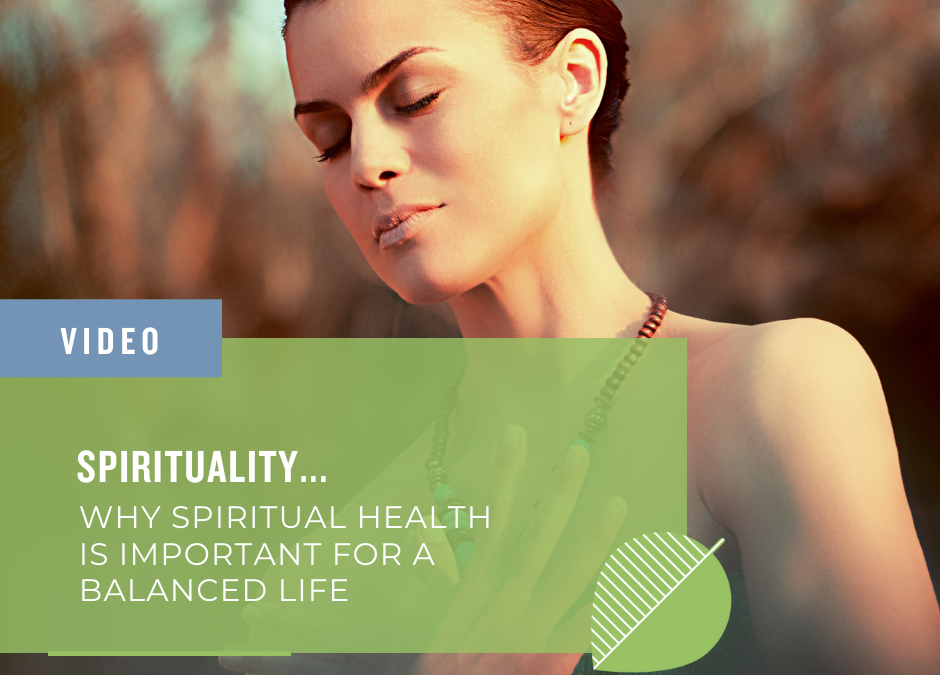In researching my book, I came across a lot of research talking about the role of religion and spirituality as a tool for improving one’s mental and emotional health.
After thinking about the research in this area a little more deeply, I find it helpful to break it down into two aspects of spirituality: spiritual beliefs and spiritual practices.
Spiritual Beliefs
Spiritual or religious beliefs are often associated with the teachings that people receive from following a particular religion.
For example, the world’s most popular religions (Christianity, Islam, Judaism, Hinduism, Buddhism) similarly teach the values of compassion, forgiveness, and altruism.
When adherents of a particular religion follow these guidelines or principles, they often experience an increase in positive emotional states and a reduction in negative states.
Therefore, a person can turn to their spiritual and religious beliefs to overcome adversity and personal challenges that will help them remain calm and hopeful.
Spiritual Practices
However, it’s not necessary to be familiar with religious teachings to realize the mental health benefits of spiritual practice. Yoga, for example, is a Hindu practice that was initially developed as a spiritual discipline to help a person experience a state of self-realization.
Today, people worldwide of all faiths and religious and non-religious backgrounds practice different types of yoga to help achieve physical and psychological health.
Similarly, all of the world’s religions encourage their followers to make time for silence, solitude, and prayerful reflection – behaviors that can help to foster a sense of connection with humanity and all living things.
Spiritual Beliefs and Practices Facilitate Balance
Spiritual beliefs and practices are part of a balanced life because they provide a person with new ways of interpreting adverse life events while also reminding us about the value of being hopeful, kind, and honest.
Spiritual practices also teach you to be meditative, mindful, reflective, and self-aware – two states of consciousness foundational for having a balanced life.
Whether it’s a walk in the park, sitting on a bench near a pond, or just sitting still at your kitchen table, when you take time to be with your thoughts, when you take time to connect with your definition of a higher power, then you are strengthening your spiritual self.
That’s what this week’s video is about.
Hoping this tip helps with your spiritual growth and balance.
Richard

